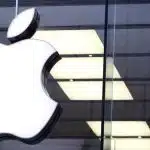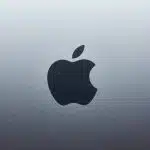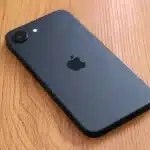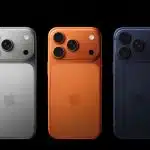Apple must pay $110.7 million after a U.S. jury found the tech giant infringed 3G wireless patents. The verdict, announced on June 30, came from a Delaware federal court. It concluded that Apple used patented technology in iPhones, iPads, and Apple Watches without proper licensing.
Specifically, the jury ruled that Apple must pay a running royalty of $0.25 per device that uses the disputed technology. This decision followed a lawsuit filed by TOT Power Control in 2021. The patents, issued in 2009, outline methods to manage wireless signal interference more efficiently.
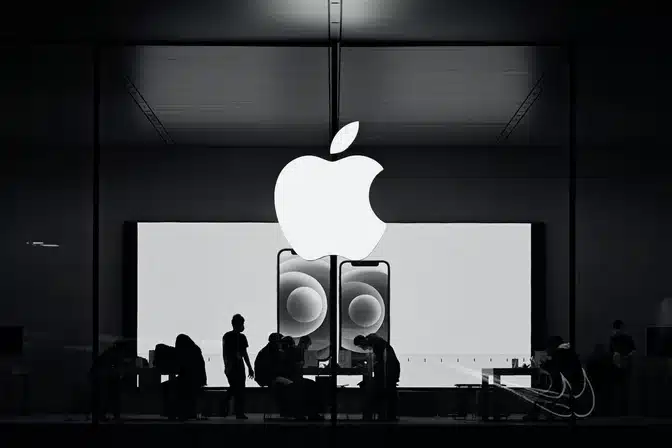
Apple Plans to Challenge the Verdict
Unsurprisingly, Apple expressed disappointment and confirmed it will appeal the ruling. A company spokesperson stated that Apple continues to stand by its compliance with wireless standards and intends to fight the verdict.
Meanwhile, TOT Power Control welcomed the decision. CEO Alvaro Lopez-Medrano said he was “thrilled” the jury recognized the value of their intellectual property. This win is a significant moment for the smaller tech company.
The Patents and What They Do
The two patents in question focus on “outer loop power control,” a system that adjusts signal strength to reduce interference in 3G networks. These features help maintain network performance while conserving power.
Although some critics label firms like TOT as overly litigious, it’s important to note that TOT develops and licenses its own technologies. Therefore, it differs from companies known as patent trolls, which often sue without producing anything.
Apple’s Growing List of Legal Battles
Importantly, this case adds to Apple’s ongoing legal troubles related to wireless tech. Just last May, Apple lost a similar patent dispute in the UK over 4G technology, resulting in a $502 million payout to Optis Cellular. However, Apple recently avoided another $300 million payout in a separate U.S. case with Optis after a successful appeal.
As Apple continues to expand in wireless innovation, it also faces increasing pressure to defend its practices. This verdict highlights how even industry leaders must tread carefully in the world of intellectual property.



